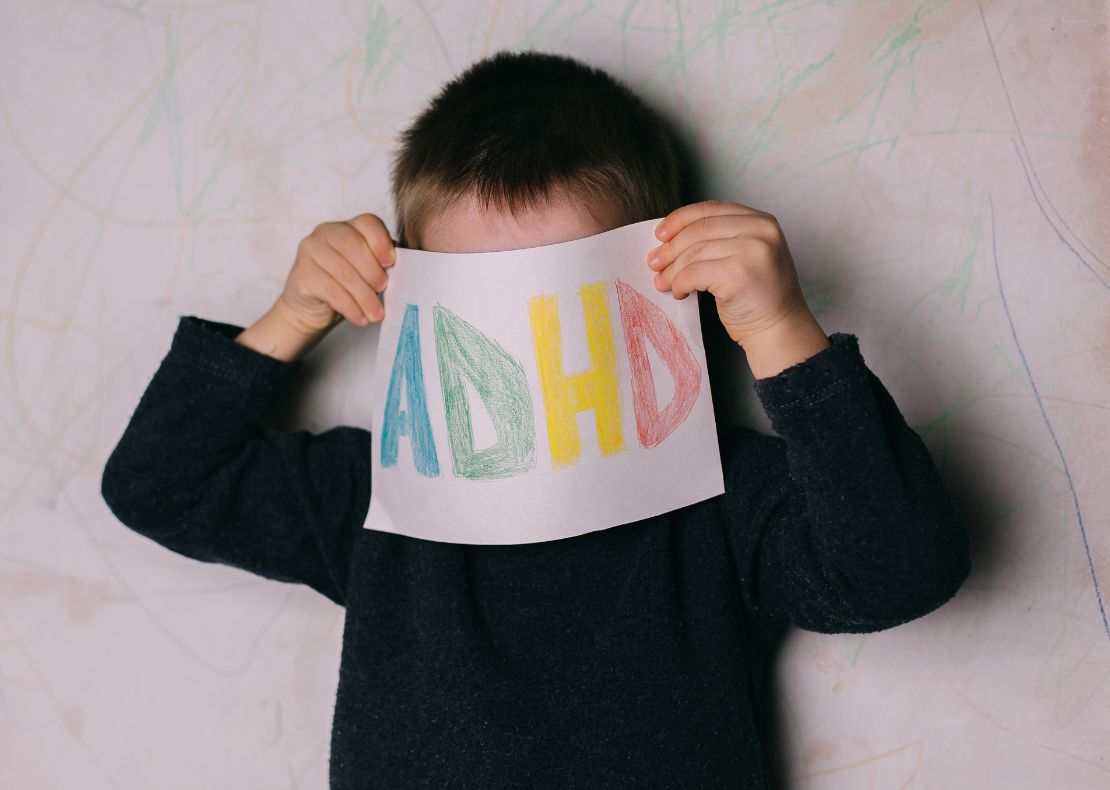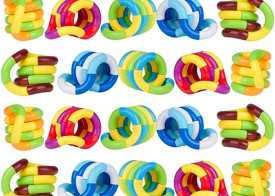
As a parent, you're always going to have moments when you worry about your child's behaviour. It's natural to feel anxious, clueless, or concerned, especially if your child seems to be struggling with attention and hyperactivity. If you suspect your child may have Attention Deficit Hyperactivity Disorder (ADHD), you're not alone. Many parents share your concerns, and as someone who has walked this path before, I can assure you that there is hope and help available.
In this blog, we'll cover general information about ADHD, the signs and symptoms to look out for, and the process of diagnosis and support in the UK.
What is ADHD?
ADHD is a neurodevelopmental disorder that affects both children and adults. It is characterised by a persistent pattern of inattention, hyperactivity, and impulsivity, which can interfere with daily functioning and development. ADHD is often diagnosed in childhood, but its symptoms can continue into adulthood. Increasingly, adults are self-diagnosing by realising that their differences weren’t picked up by their schools when they were younger.
Signs and Symptoms of ADHD
It's important to remember that all children can exhibit inattention, hyperactivity, and impulsivity to some degree. However, children with ADHD display these behaviours more frequently and severely, affecting their daily lives. Here are some common signs and symptoms of ADHD, according to the NHS and Healthline:
Inattention
Children with ADHD may struggle with focus, organisation, and completing tasks. They might:
- Have difficulty paying attention to details
- Make careless mistakes
- Seem forgetful or easily lose things
- Struggle to follow instructions or finish task
Hyperactivity
Children with ADHD often exhibit excessive energy and struggle to sit still. They may:
- Fidget, tap, or squirm constantly
- Run or climb in inappropriate situations
- Struggle to play quietly or engage in leisure activities
- Talk excessively
Impulsivity
Impulsive behaviour is a hallmark of ADHD, and children with this disorder might:
- Interrupt or intrude on others' conversations or activities
- Have difficulty waiting their turn
- Make hasty decisions without considering the consequences
- Act or speak without thinking
It's essential to note that ADHD symptoms vary among individuals, and not every child with ADHD will exhibit all of these behaviours.
The diagnosis process
In the UK, the process of diagnosing ADHD typically begins with a visit to your GP or a consultation with your child's teacher. If you, your GP, or your child's teacher suspect ADHD, your GP may refer your child to a specialist, such as a paediatrician or a psychiatrist.
According to the NHS, a specialist will assess your child by gathering information from multiple sources, including:
- A detailed history of your child's behaviour, including when the symptoms started, their impact on daily life, and any possible triggers
- Observations of your child's behaviour
- Reports from your child's school
- A physical examination to rule out any other possible causes of their symptoms
The specialist may also use rating scales and checklists to assess your child's behaviour and determine whether they meet the criteria for ADHD. It's important to note that diagnosing ADHD can be a very lengthy process, and it may take several appointments to gather all the necessary information. Make a record of everything that happens and try to speak to other parents who’ve already got a diagnosis as they’ll give you some support. There are some helpful Facebook groups with some very good advice and ideas.
Support and resources
If your child is diagnosed with ADHD, it's essential to remember that help and support are available. The specialist who diagnoses your child will likely discuss various treatment options, which may include behavioural therapy, parent training, medication, or a combination of these approaches.
Tink n Stink offers a range of products designed to help you and your child navigate this journey. From tangle toys, to pen and pencil chews, we have lots of things to help support you and your child to manage their ADHD.
In addition to Tink n Stink, there are numerous other resources available to support you and your child:
- The NHS website provides comprehensive information about ADHD, including diagnosis, treatment, and management.
- The National Attention Deficit Disorder Information and Support Service (ADDISS) is a UK-based organisation offering support, training, and resources to individuals affected by ADHD and their families.
- ADHD UK is a charity that aims to support, educate, and empower individuals with ADHD and their families, offering advice, resources, and a supportive community.
- Interestingly, there are some good content creators on TikTok who are able to give relatable stories and advice, so if you’re on the platform do check out some relevant hashtags.
As you navigate this journey, remember that you’re not alone. Many parents have walked this path before you, and there is a wealth of information, support, and understanding available. Be patient with yourself and your child, and know that with the right guidance, they can thrive and succeed.
Remember, we’re here to support you with a range of autism-friendly toys and learning aids that can help.




